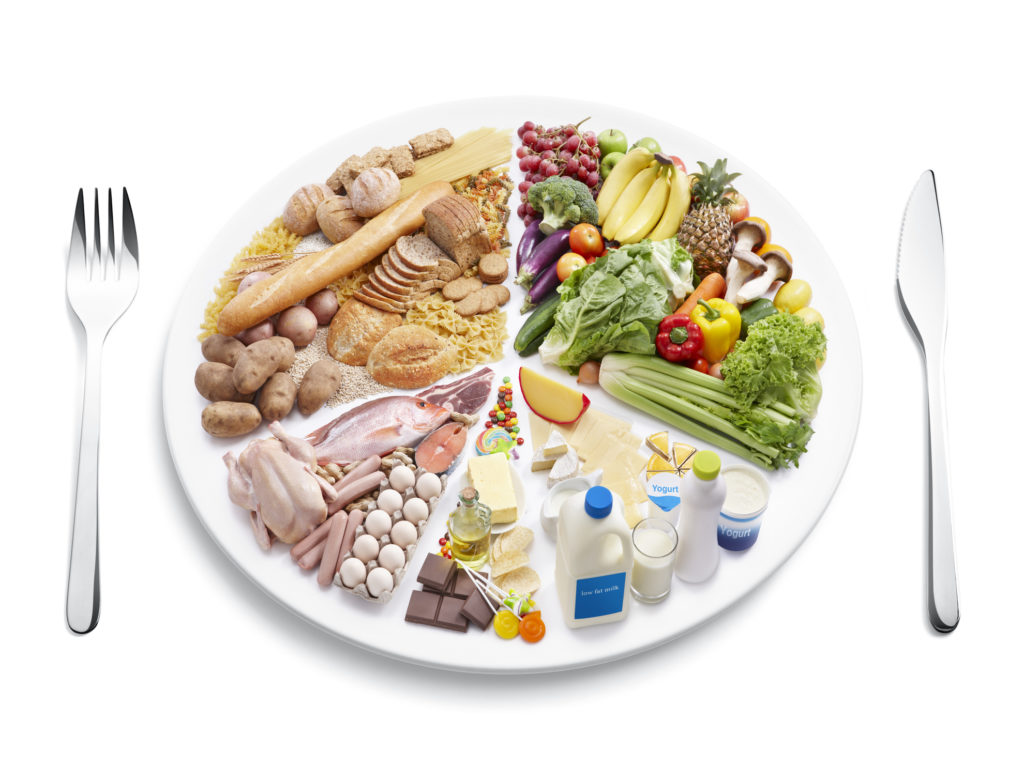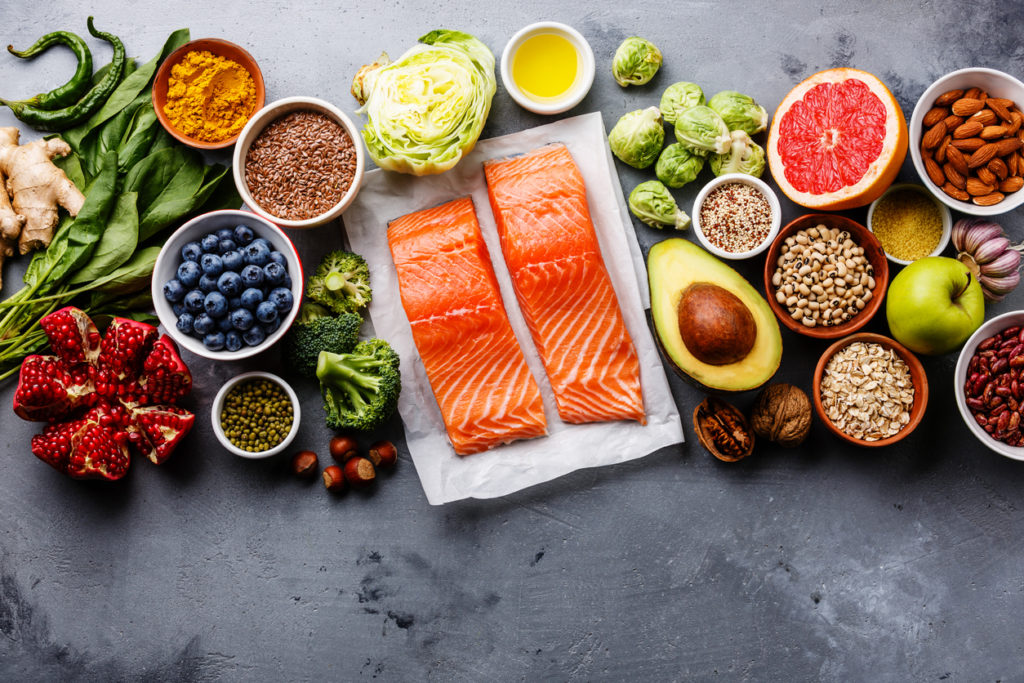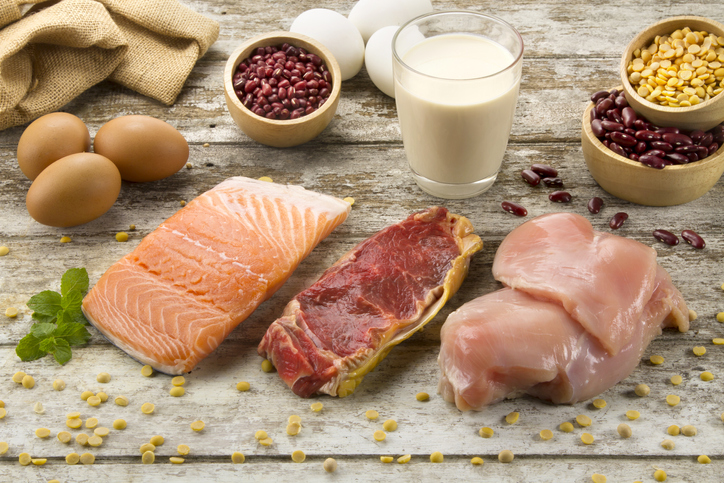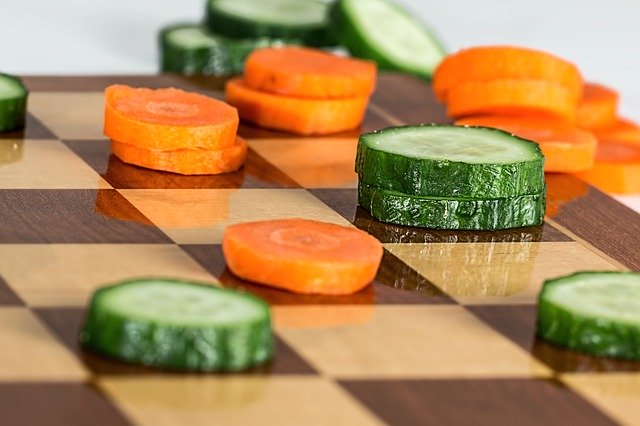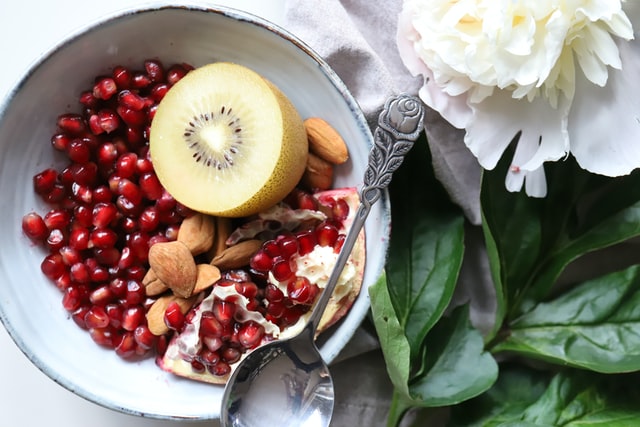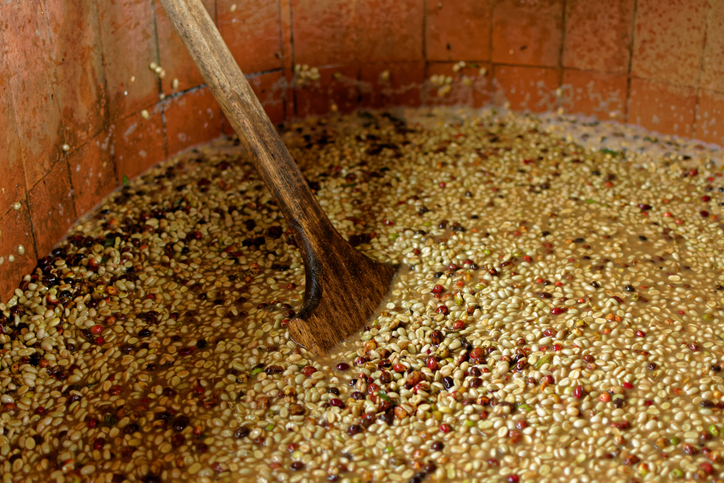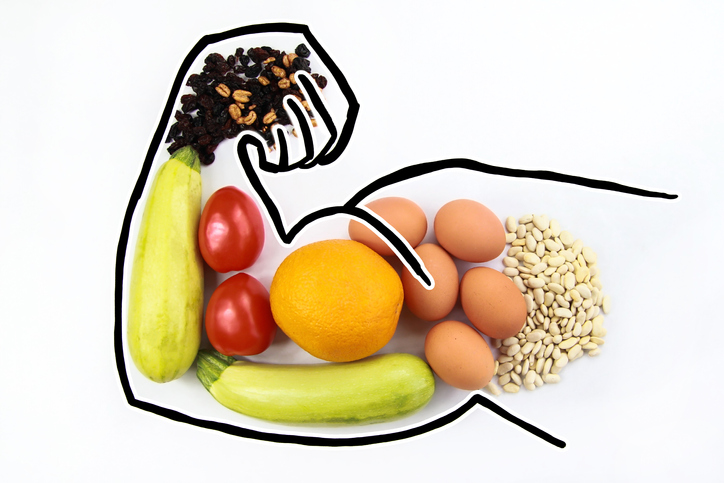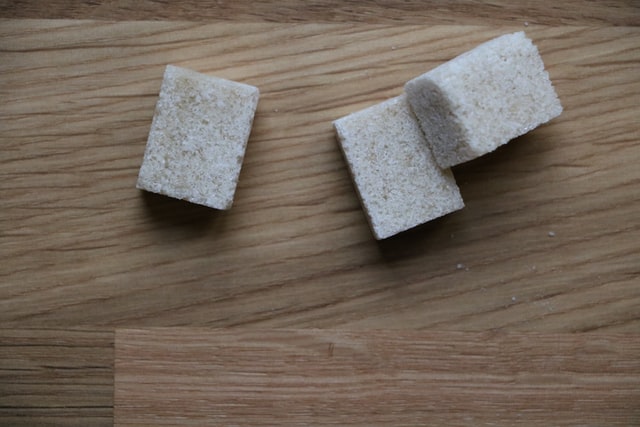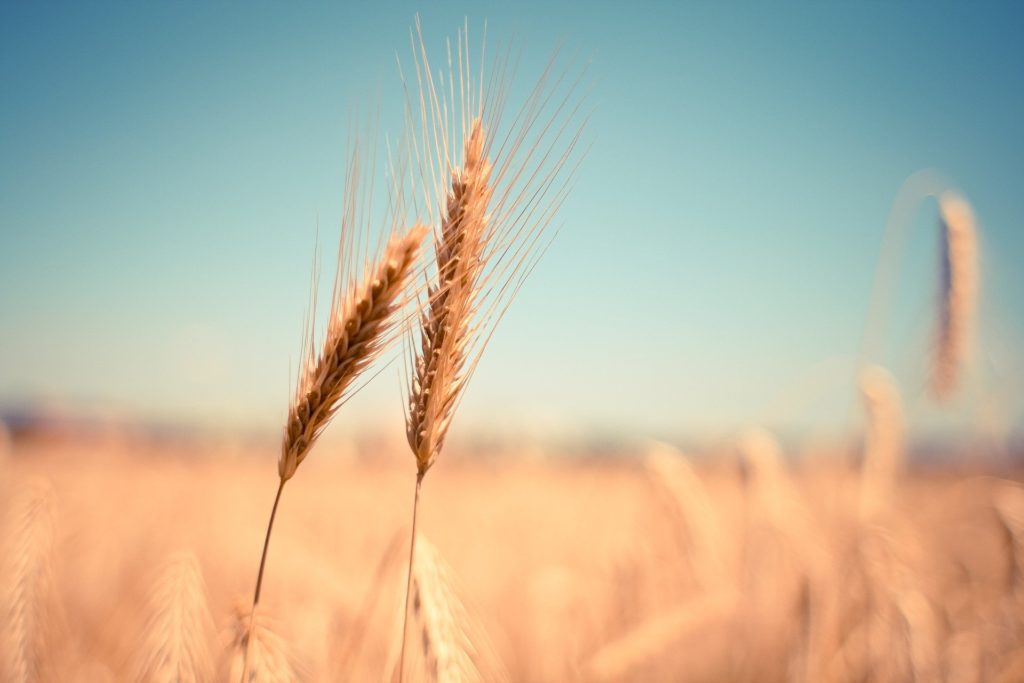The Different Food Groups
The foods are classified into 5 main groups according to their nutritional components and their role on our body.
Knowing these food groups is important to vary and balance your meals and thus provide your cells with what they need.
A brief overview of this classification and advice on how to diversify your food intake.
The food groups act as the "building blocks" of the body and have a role to play in the musculature and bone structure of the body:
-
Meat, fish and eggs
Group providing essential amino acids, animal proteins, rich ingroup B vitamins, iron, zinc, phosphorus but also in fats. It is important to vary the sources of protein during the different meals, and to alternate the protein intake between them.
Starting your day with protein-rich meals will stimulate your metabolism, make you feel full and avoid snacking.
On the other hand, in the evening, give more priority to vegetable proteins, which are more easily assimilated by the digestive system .
-
Milk and dairy products
Milk, cheeses, yoghurts and dairy products are rich in protein, they also provide vitamins from theA, B and D groups, calcium and contain saturated and polyunsaturated fats. Their consumption will be important during adolescence for bone strength.
the group of foods with a functional role due to their richness in vitamins, minerals and fibre:
-
Fruit and vegetables
Fruit and vegetables are a group of foods that are full of minerals and vitamins, they ensure that our metabolism functions optimally and must therefore be present in large quantities at every meal. They provide little energy to the body but are a vital source of water for the hydration of our cells. They are a source of vitamin C, folic acid and beta-carotene and protect our body.
the food groups with an energetic role:
-
Cereals, starches and pulses
Pasta, rice, but also bread, potatoes and pulses (lentils, white beans) are a group rich in slow carbohydrates which activate cellular energy, but also provide vegetable proteins, fibres, vitamins and minerals.
It is important to eat this type of food at least once a day.
This food group has special advantages for sportsmen and womenwhen training. Eating rice or pasta before a sports session ensures a gradual supply of slow carbohydrates to the blood and thus a steady release of energy.
-
Fats
This group, which includes fats (butter, cream, oils), provides the body with energy reserves and contains vitamins A, D, E and K.
It is necessary to privilege the good fats called polyunsaturated essential fatty acids(vegetable oils of olive, colza, avocados, dry fruits) containing multiple benefits for the cardiovascular system,fighting against the inflammation and to limit the contributions in saturated fats of animal origin.
Sugar and water
In addition, there is the group of products with a high glucose content, such as honey, jams, sweets, chocolate and sweetened drinks. These foods are not essential to the functioning of the human body and should be consumed rely and in small quantities.
The group of drinks includes water but also tea, coffee and herbal teas. Pure water is the only essential drink for our body and must be present at every meal and throughout the day.
A good diet is therefore above all the respect of a fair balance between these categories.
A complete meal must draw its contributions from each group, your good health depends on it!

